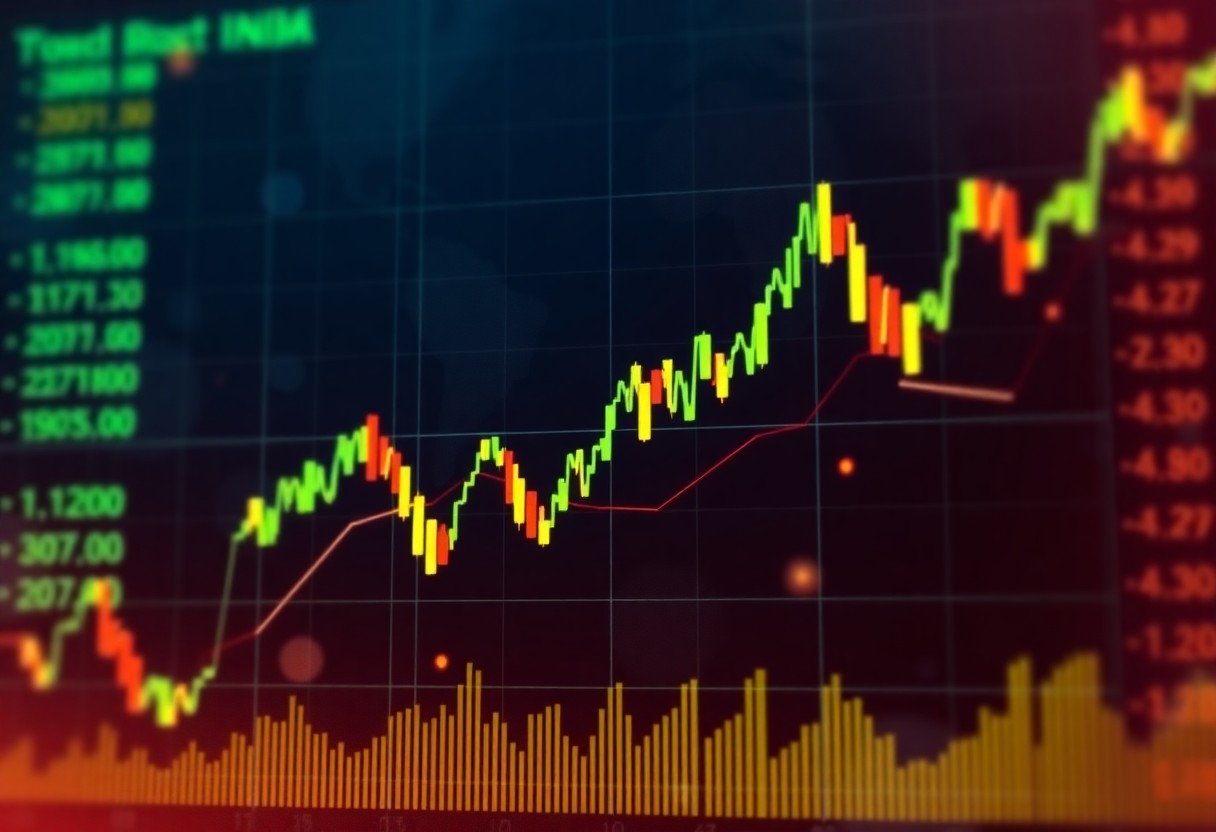Understanding how major indexes respond to diverse world events and macroeconomic factors is pivotal for investors at every stage of their financial journey. Whether you’re new to investing, an experienced strategist, aiming for early retirement, or nearing the retirement phase, comprehending these reactions can shape informed investment decisions. In this article, we’ll explore how major indexes react to different events and macroeconomic factors and strategies to leverage these reactions for diverse investor profiles.
1. Index Reactions to World Events and Macroeconomic Factors:
a. Economic Indicators:
- GDP Reports: Strong GDP growth often correlates with stock market rallies as it signifies a healthy economy.
- Unemployment Rates: Lower unemployment rates typically lead to market optimism, while higher rates can trigger market downturns.
- Inflation Data: Moderate inflation is generally viewed positively, but rapid inflation can raise concerns about purchasing power.
b. Geopolitical Events:
- Trade Tensions: Tariffs and trade disputes can cause market volatility, impacting specific sectors and industries.
- Global Conflicts: Political unrest or conflicts may lead to market uncertainty and potential downturns.
c. Monetary Policy and Interest Rates:
- Central Bank Actions: Interest rate changes by central banks impact borrowing costs, influencing consumer spending and investment.
- Quantitative Easing/Tightening: Monetary policy adjustments affect liquidity and market sentiments.
2. Leveraging Index Reactions for Different Investor Profiles:
a. New Investors:
Strategy: Focus on Economic Indicators
New investors should closely monitor major economic indicators and analyze how different sectors react before making major investment decisions. They can capitalize on GDP reports, employment figures, and inflation data to guide investment decisions.
b. Experienced Investors:
Strategy: Adapting to Geopolitical Events
Experienced investors might diversify portfolios to mitigate risks associated with geopolitical events. They can strategically allocate assets to sectors less affected by global conflicts or trade tensions.
c. Investors Aiming for Early Retirement:
Strategy: Interest Rate Monitoring
Investors aiming for early retirement can monitor central bank actions and interest rate changes. They may adjust their investment mix based on the impact of monetary policy on various asset classes.
d. Investors Nearing Retirement:
Strategy: Economic Cycle Awareness
Investors nearing retirement should consider the economic cycle’s position and its impact on major indexes. They might adjust asset allocations to safeguard portfolios against potential downturns.
3. Risks and Considerations:
- Volatility: Market reactions to events can lead to short-term volatility.
- Uncertainty: Predicting market responses to macroeconomic factors isn’t foolproof and requires ongoing analysis.
- Diversification: A well-diversified portfolio can help mitigate risks associated with index reactions.
Conclusion:
Major indexes react to world events and macroeconomic factors in varied ways, influencing investor sentiments and market trends. Whether you’re initiating your investment journey, refining portfolio strategies, aiming for early retirement, or nearing retirement age, understanding these reactions is pivotal. By leveraging these insights, investors can make more informed decisions, adjusting portfolios to navigate market volatility and capitalize on opportunities. Staying updated on economic indicators, geopolitical developments, and monetary policy actions while maintaining a diversified portfolio is key for investors at every stage of their financial journey. Seeking professional guidance and continuously monitoring market dynamics are essential for harnessing index reactions to one’s advantage.

